When I’m not running this blog I have another job. I’m a service improvement and performance officer. I’m responsible for helping to improve services in organisations through analysing their procedures, policies and performance data and helping them to create better strategies, policies and procedures going forward. The aim of this is to create better services for our customers, to save money and be more efficient. My very nature is to spot problems or potential problems and patterns and think of how they could be avoided or how we could improve.
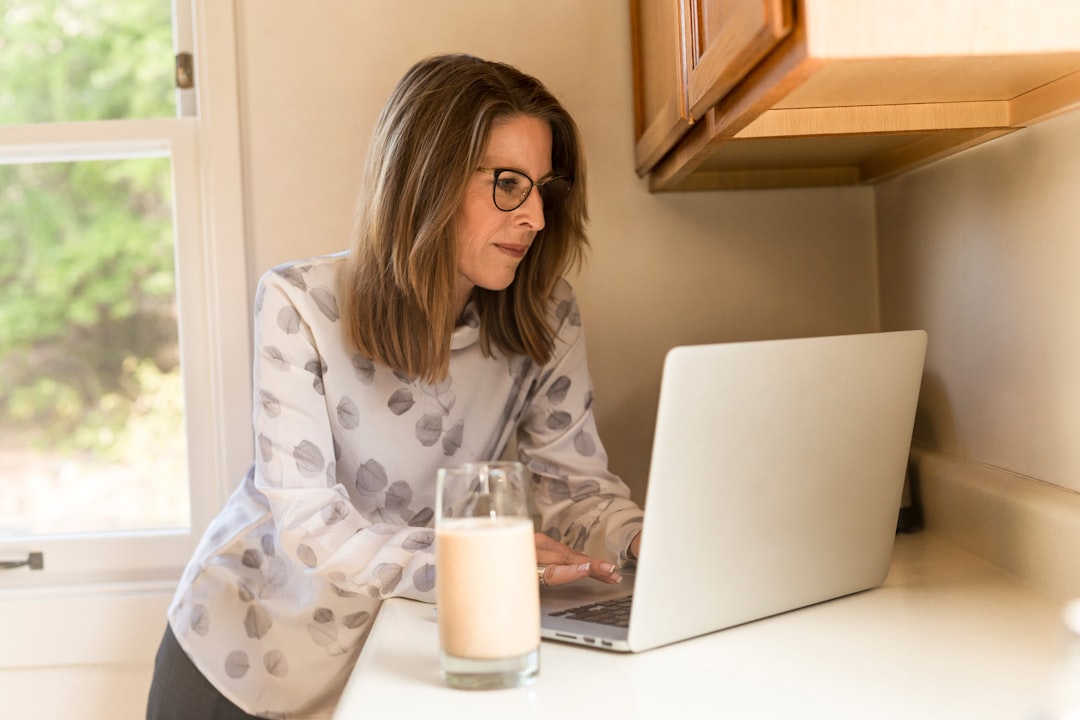
Trigger systems suck
For a long time, I have been dismayed by the way most large companies (and even schools) handle sickness. Most companies these days have a sickness policy and ‘trigger system’. So for example, in my current organisation, if you are off on more than 3 instances or 7 days over a rolling 12 month period you hit a ‘sickness trigger’ that starts a sickness disciplinary procedure and meeting with your manager. As I work part-time my trigger allowance is halved which as a mother of 2 small children (who bring a plethora of germs into the home) doesn’t give you much leniency at all. Fortunately, I have had 100% attendance for well over a year now but that is through sheer luck of falling ill on my non-work days.
A lot of it does come down to sheer luck or your personal environment. Most sickness policies in my mind are unfair, some discriminatory. As a breastfeeding mother, I had no increased sickness allowance, even though I got blocked ducts and mastitis frequently. I actually had to have an attendance meeting once from being off from mastitis.
Parents of young kids in nursery get sick a lot more frequently because the kids have limited immunity, pick up everything and bring that home. Menopausal women are going through all sorts of difficult symptoms but are treated the same as say a 20-year-old man, in most sickness polices. I am pleased that we are finally seeing Menopause Policies become more common of late. When you are pregnant your organisation is not allowed to take pregnancy sickness into account for disciplinary but many organisation will still take you through their trigger system – they just won’t adversely sanction you for it. That’s still very stressful to someone who is pregnant though.
So I believe a blanket, one size fits all trigger policy is unfair. A young single woman is likely to require less sickness leave than a woman who has recently come back from maternity leave, with a 1-year-old in nursery who she is nursing.
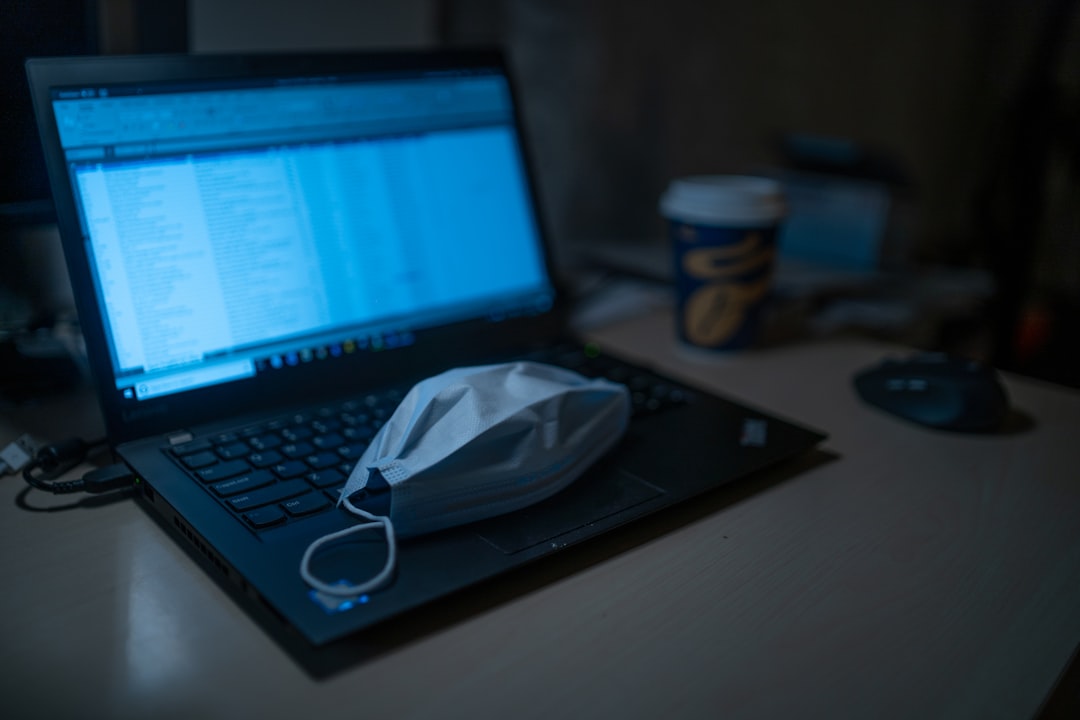
Trigger systems put a lot of pressure for staff to come into work sick. I think most people have experienced feeling intense guilt and shame when they have to call in sick. There is also a cultural system in the workplace of what is deemed acceptable to be sick for and what isn’t. For example, if you said you were off work because of a cold you’d be in hot water – both from peer pressure from your colleagues and from your manager. Yet colds are a spectrum, you can have a very mild cold or you can have a horrific one that feels almost as bad as the flu. Yet forcing that staff member to come into work sick is a false economy. Letting one member of staff have a few days off isn’t going to kill productivity but forcing them to come in with it so they spread it around an open plan office to say another 10-20 people will have much more of an impact on productivity than just keeping them off work until they are not contagious.
And don’t get me started that this presenteeism culture has filtered right down to our primary schools and nurseries. Like a letter, I got from my then 4-year-old’s school, encouraging us to dose her with pain medication her just to get her into school when she’s sick so the school doesn’t get marked down by OFSTED for poor attendance levels. The fish rots from the head. The Government has a duty to get its house in order.
Can work verus should work
The biggest thing that the Coronavirus crisis has highlighted is that healthy abled bodied people have a duty to not go to work when sick so we don’t spread our germs to those who are more vulnerable. It should not be about whether we CAN go to work, it’s should also be about, are we contagious or infectious.
For example, once you’ve stopped vomiting from the norovirus you might feel well enough to go to work but you are contagious for another 48 hours so therefore you should stay off. It’s also sensible to allow people that time so that they can recover properly. We need to create processes and systems that allows this to become the norm.
We are still working like we did before the advent of the internet and emails. Presenteeism still reigns as most of the CEOs are old white men who can’t be taught new tricks. Yet for many, it is now entirely possible to work from home. Personally, I would advise my staff who were able to work from home and were contagious but well enough to work, to work from home until they were no longer contagious. That protects the rest of the team and their families too. It’s simple common sense.
Working from home
Sure, there are many many jobs where frontline staff can’t be afforded that privilege but we need to recognise that contagious people who can work from home reduces the risk to those frontline staff and their families too. That sick member of staff isn’t spreading their germs on public transport during their daily commute or in the office or wherever. It protects the community as a whole. Why aren’t we doing it more? And for front line staff who are contagious, we need a different system that allows them to self isolate when contagious that doesn’t send a company into crisis. We need to set up research groups to explore that better to protect us at times like these.
Reducing sickness figures verus reducing actual sickness
Companies also need to take more ownership over what THEY can do to reduce sickness in their workplace and not just reduce sickness figures. There is a distinct difference there and most companies I’ve worked at are totally focused on the figures and not the actual sickness. Which is why you get them pushing staff to attend when sick – that improves the figures but not the sickness.
For example, I recently asked a cleaner who cleans a large open plan office building whether their cleaning instructions had changed since Coronavirus. They had not. I asked the cleaner were they instructed to clean frequently touched items more, like water cooler buttons, door handles etc and not only have they not been asked to clean them more, they have never been instructed to clean them ever! This is in a company that is very focussed on sickness figures but is missing a simple way they can reduce sickness in their company.

Coronavirus is more serious than the flu BUT…
One of the things I’ve heard many times since the outbreak began is, it’s no worse than the flu etc. Firstly, this has been evidenced to be incorrect many times so stop saying it. Secondly, let’s reframe that, whilst Cororavirus is clearly more dangerous and contagious than the flu right now. The flu is a significant killer, so why aren’t we employing more of the simple strategies that we know would help every cold and flu season?
In the UK it is estimated that an average of 600 people a year die from complications of flu. In some years it is estimated that this can rise to over 10,000 deaths (see for example this UK study from 2013, which estimated over 13,000 deaths resulting from flu in 2008-09). Flu leads to hundreds of thousands of GP visits and tens of thousands of hospital stays a year.
Surely that cost to the NHS, to the economy should be balanced against a perceived lack of productivity from staff sickness absences?
These aren’t just statistics, these are people’s lives. Someone’s pregnant wife, someone’s parent, someone’s CHILD. Why don’t we do more? Why do we put undue pressure on people to go to work poorly for the sake of what? The system can and should be improved. Epidemic or not. Doesn’t it show that capitalism is too fragile when it can’t handle human health?
On Monday, England’s Chief Medical Officer, Professor Chris Whitty said: “We are now very close to the time, probably within the next 10 to 14 days, when the modelling would imply we should move to a situation where everybody with even minor respiratory tract infections or a fever should be self-isolating for a period of seven days.”
This means that anyone with even a cold would stay at home. This seems like common sense to me regardless. It is time that we should consider implementing this full stop.
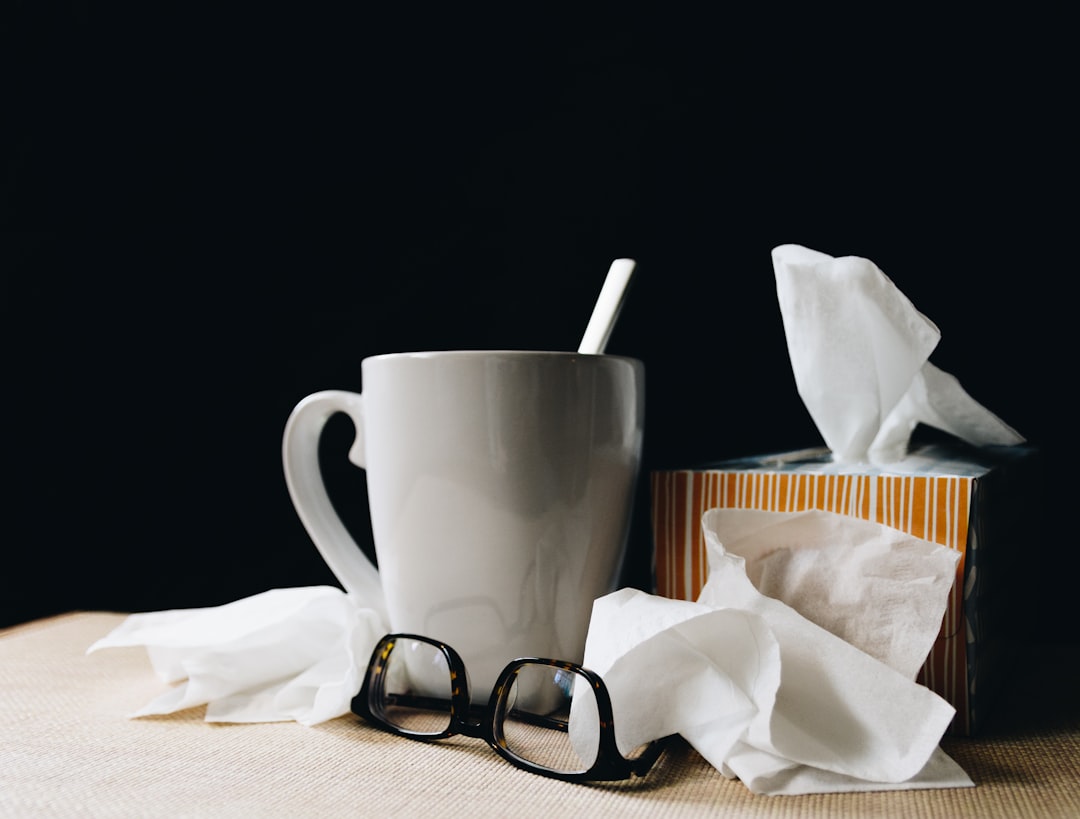
At the very least I would have hoped to have seen an announcement about sick pay and those with symptoms by now and I would expect companies to temporarily (or permanently) suspend their trigger systems so staff aren’t feeling like they need to come to work sick right now and further the spread of Covid 19.
(UPDATE – Shortly after I published this article, the Government announced they would be providing Statutory Sick Pay from day 1 which is helpful. However, surely this demonstrates that Statutory Sick Pay should always be available from day 1 and not day 4 as it is normally?!)
Why are we so bent on profits in this broken capitalist system that we feel like even in a normal flu season, some deaths are acceptable in the name of profit? What price are we putting on human lives? And what message does this send to medically vulnerable members of our communities? That they are weak and invaluable and therefore expendable? Because if you are saying that their potential death is preferable over the inconveniencing of others or profit then that is exactly what the takeaway message is here.
We have to acknowledge that this profits over people mentality is literally killing people and we have blindly accepted this cost as reasonable. The Coronavirus crisis highlights that it’s now time to reconsider what this means in reality. And maybe, a positive that could come out of the Coronavirus Crisis is the opportunity for us to change the system in the future. To say enough is enough, we put the community over capitalism. Isn’t it time?
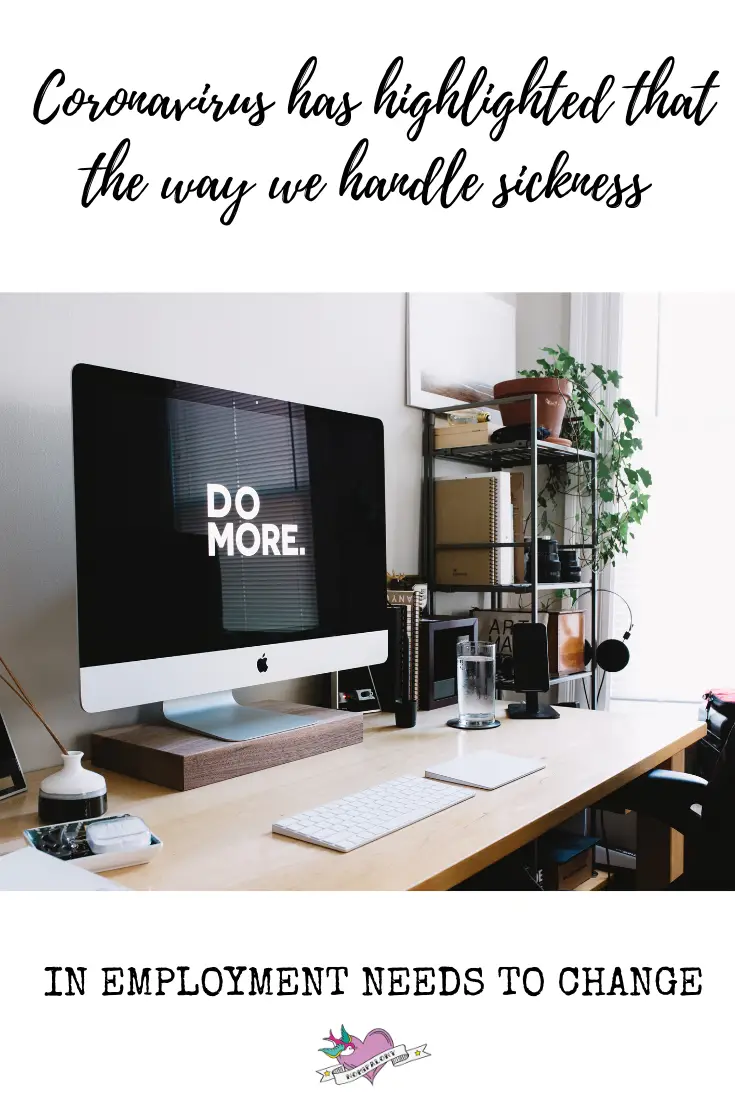
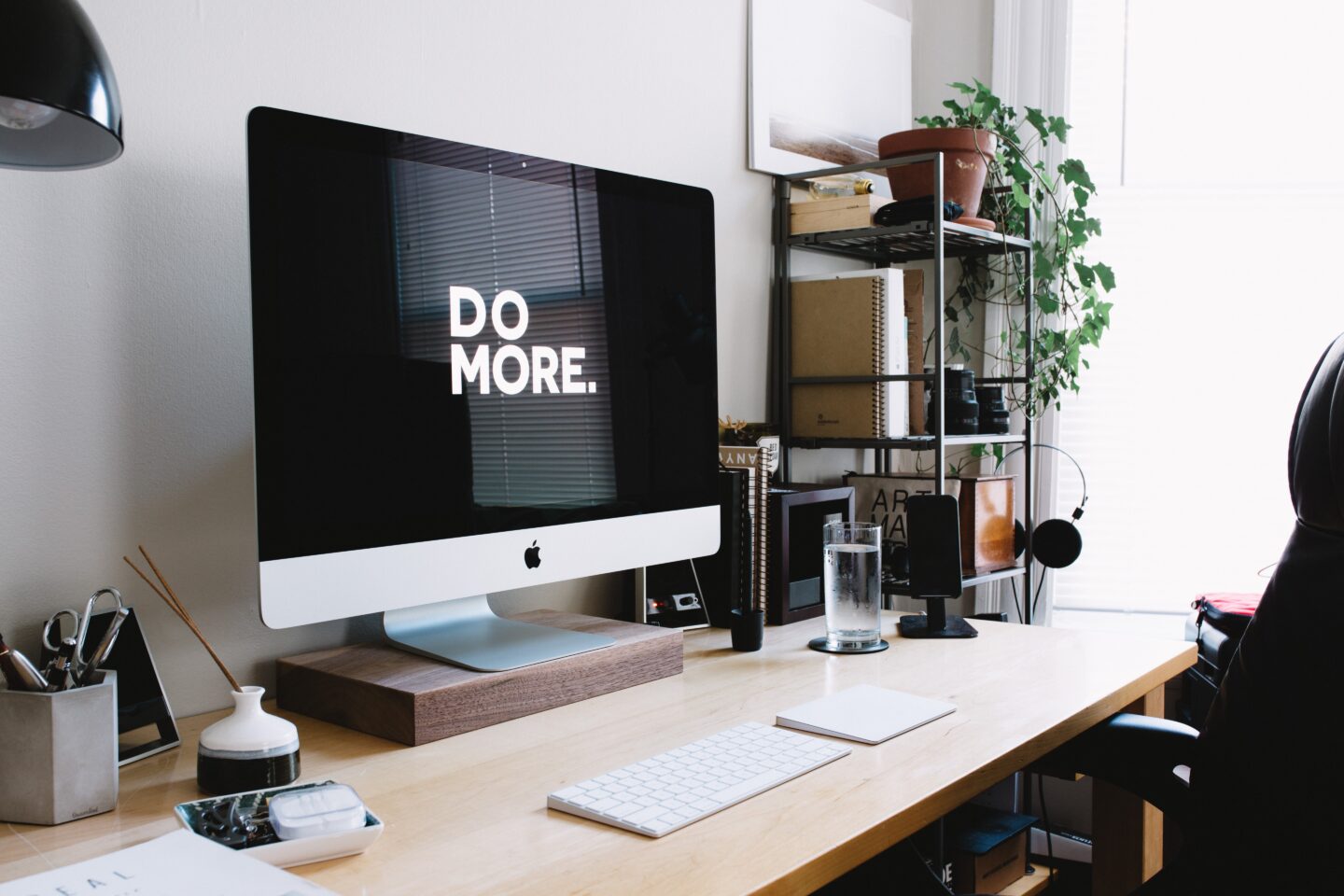
I thought the govt had triggered the sickpay from day 1 a couple of days ago. Might not uq e filtered through to businesses yet though.
I agree, they should have started lockdown earlier. I understand theyre holding off for later in flu season but we.must be nearly out of that now and we could have flattened the curve earlier by stopping non essential travel, events and staying at home for most people.
Luckily our company is v good about sickness and have increased cleaning in the office and kitchen, brought back paper towels rather than using tea towels, and the hand blower in loos. As an environmental company it’s killing our targets but is essential. Vulvnerable people have been working at home since it all kicked off, travellers have been working from home afterwards, although I’m amazed there are still people travelling into London etc for meeting that could be done online. We can all work from home and they do encourage it when people have bad colds bwcause we’re set up for it as they’d rather have online meetings than encourage lots of travel. It really does help although I’m going to hate when we’re all on lockdown and working from home. One day at home working is bad enough but 7 days plus is going to drive me insane. Hoping that Nxs school will provide them work otherwise I’ll be setting him lots of worksheets to do from The School Run to jeep him going!
The Government announced sick pay from day 1 not long after this article went live. I’d like to think it convinced them but it’s just a happy coincidence. Sounds like your company is managing it more proactively than most. Most of these measures are more efficient ways of working anyway, like you say, reducing time and costs of travelling.